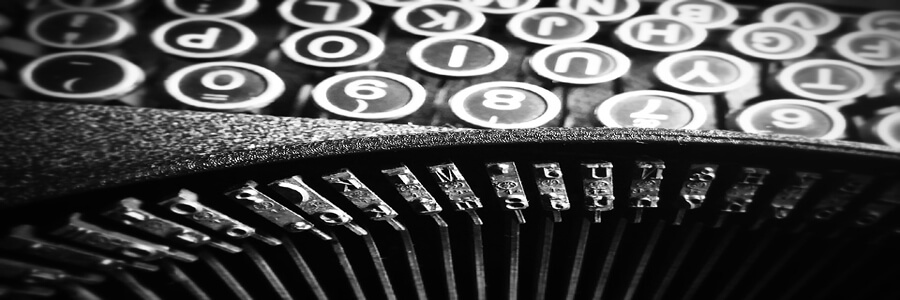
A patent for an invention is grant of exclusive rights to make, use and sell the invention for a limited period of 20 years. The patent grant excludes others from making, using, or selling the invention. Patent protection does not start until the actual grant of a patent. A patent cannot be obtained on a mere idea or suggestion. Patent applications are examined for both technical and legal merit.
Any person who makes an invention acquires the following rights in the invention for a certain period:
a. he may broadcast the invention for free use by the public or
b. he may work the invention in secrecy without patenting it ; or
c. he may work the invention openly without patenting it; or
d. he may exploit the invention on the basis of patents.
In order to be patentable an invention should have the following characteristics:
- The invention must be new
- It involves an inventive step.
- It is capable of industrial application.
- It should not be contrary to law or morality.
In Pakistan following four kinds of Patents are granted under the Patents Ordinance:
- An ordinary patent, which is dated as of the official date of the application for the patent.
- A black/mail box application relating to chemical products intended for use in agriculture and medicines.
- A patent claiming “Priority”, which is dated as of the official date of the corresponding application for patent first made in a country which is the member of WTO (World Trade Organisation).
- A patent of addition, for improvement or modification of an invention for which a patent has already been applied for or granted.
The following persons can apply the patents in Pakistan:
- An application for an ordinary patent may be made by any “person” which includes a company or corporate body, a firm or a partnership whether alone or jointly with any other person.
- An application for a patent which claims a “priority date” may be made by the person who has made the application on which the claim to priority is based, or his legal representative, or his assignee, either alone or jointly with any other person.
- An application for a patent of addition may be made only by the applicant for the original patent to which it is an addition, if the application for the original patent is pending; or by the registered proprietor of such original patent, if it has been granted.
Patent may also be obtained by a person who is employee. Master and servant relationship and the ownership of the patent of invention is decided on the following principles:
- If the invention is concerned with an art wholly outside the scope of the employer’s business, then the employer has no right to it.
- If to make such invention is outside the scope of the employee’s proper work, then the invention does not belong to the employer.
The government servants may also make inventions and their inventions shall be dealt with the following principles:
- Subject to any special conditions of service or to any special orders applicable to the persons employed in any particular department, all Government servants are at liberty to apply for a patent direct to the Patent Office.
- Government servants employed in the Defense Services, in the Pakistan Navy and in the Pakistan Air Force should not apply for patents except in the manner laid down in the Special Regulations applicable to them.
- Government servant; employed on Scientific or Technical Research should not apply for patents or cause or permit any other person to apply for or obtain a patent for an invention made by such Government servants, save with the permission of the Government and in accordance with such conditions as the Government may impose Restrictions similar to those at (c) above are applicable to Railway servants.
The patent owner shall acquire the following rights by the grant of patent.
- A patent owner has the right to decide who may or may not use the patented invention for the period in which the invention is protected.
- The patent owner may give permission to, or license, other parties to use the invention on mutually agreed terms.
- The owner may also sell the right to the invention to someone else, who will then become the new owner of the patent.
Once a patent expires, the protection ends, and invention enters the public domain, that is, the owner no longer holds exclusive right to the invention, which becomes available to commercial exploitation by others.















